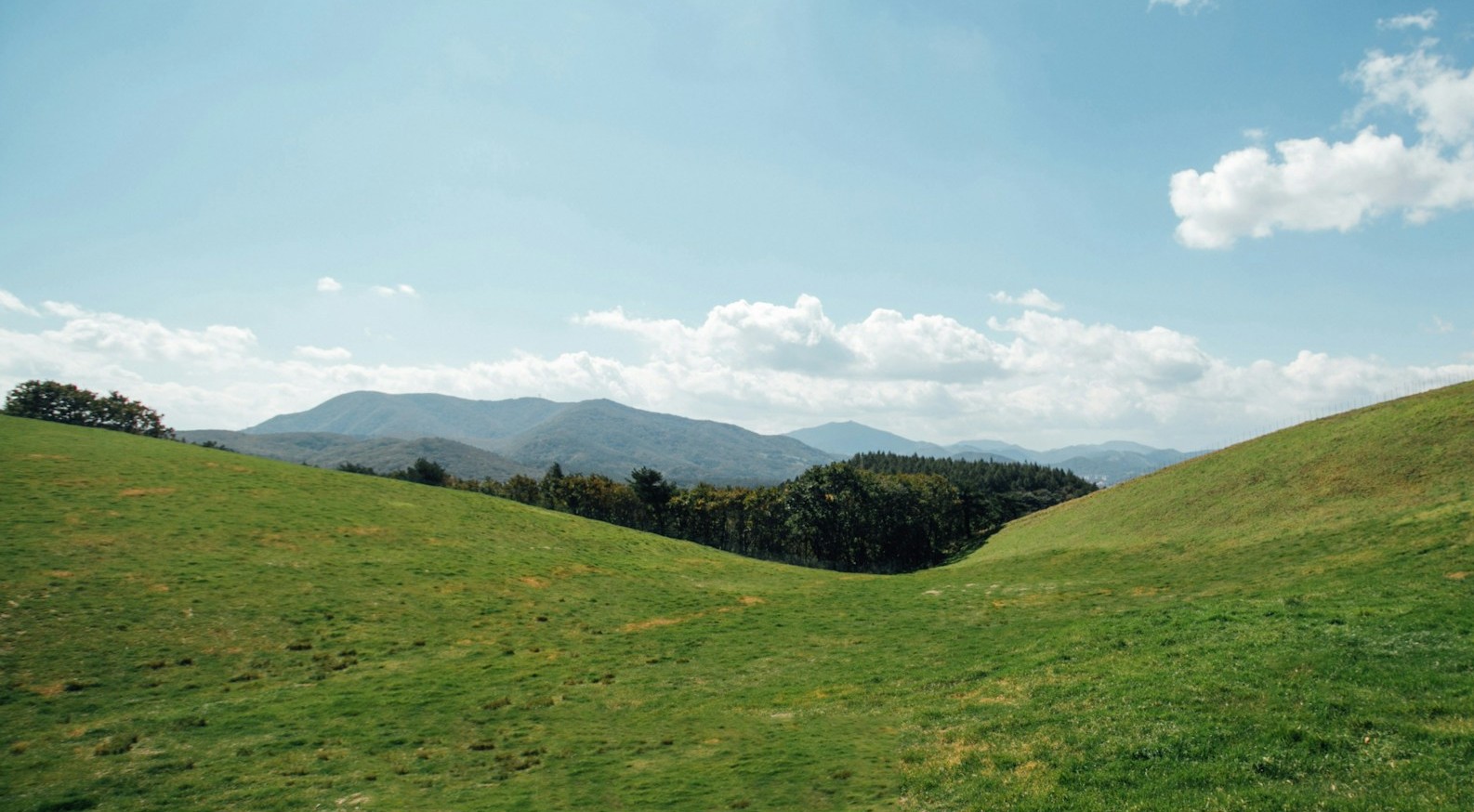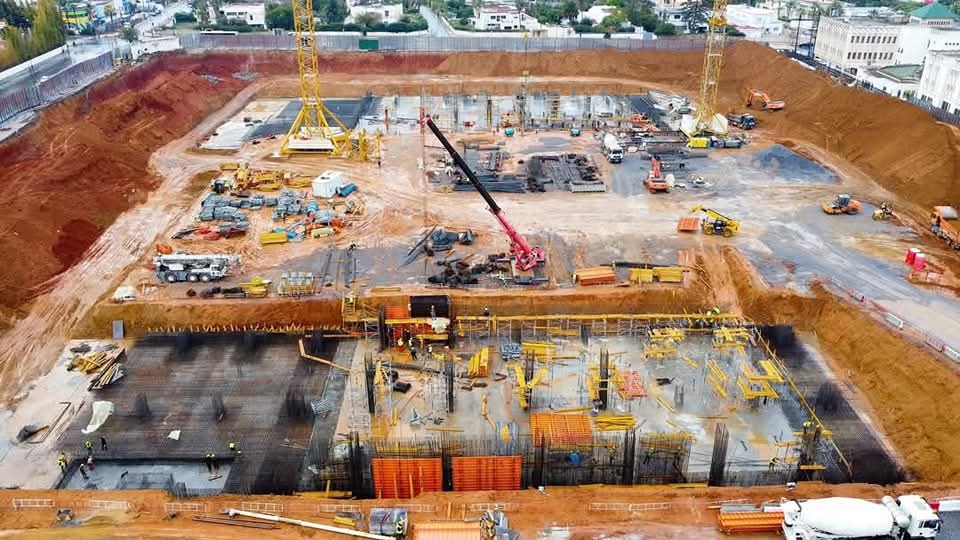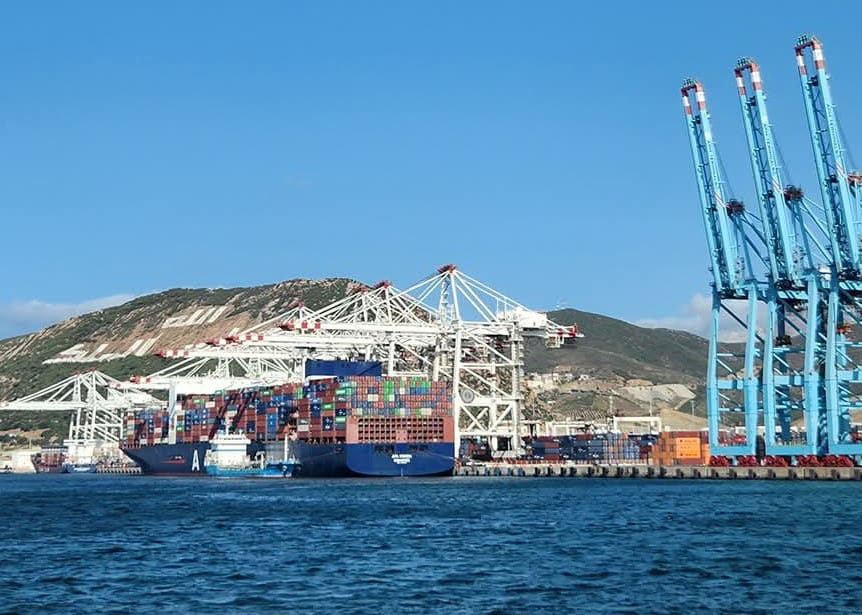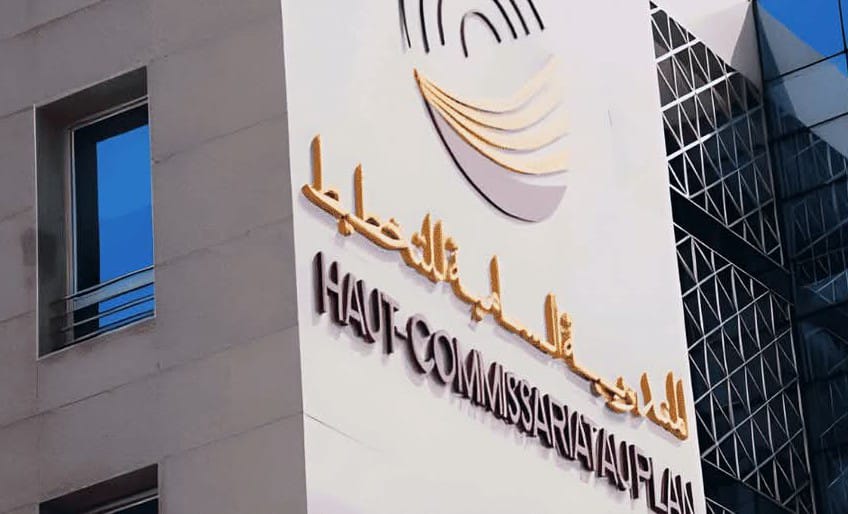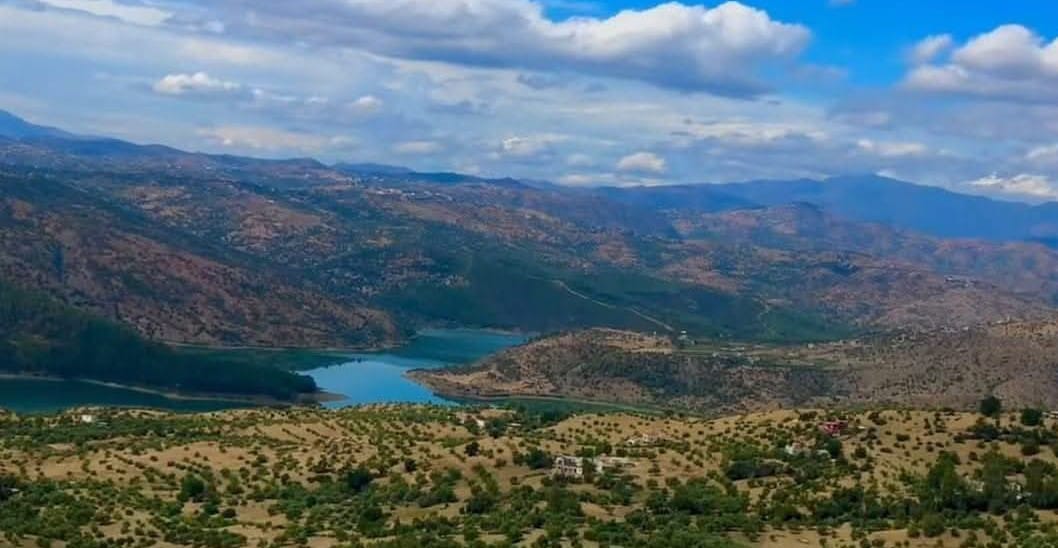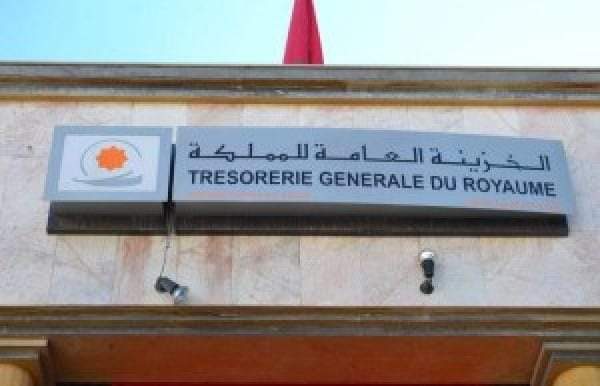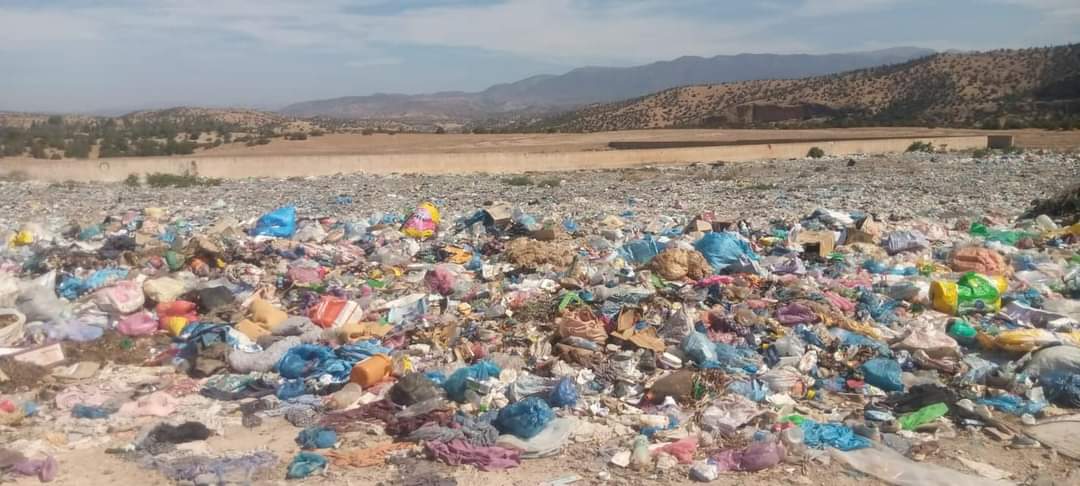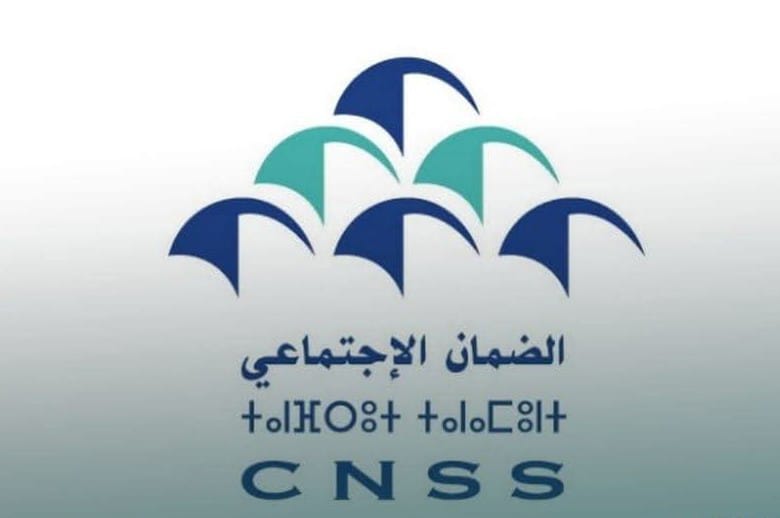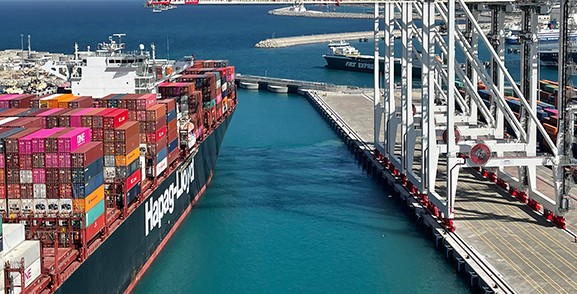Casablanca – Morocco is stepping up its commitment to environmental sustainability and biodiversity conservation with the development of a new National Biodiversity Strategy and Action Plan (SPANB) for 2035, alongside an updated green development framework addressing pollution, climate change, and ecosystem management. These initiatives are supported by the United Nations Development Programme (UNDP) and the Global Environment Facility (GEF), signaling the Kingdom’s determination to align national policy with global biodiversity and climate commitments.
Updating biodiversity policy
As a party to the Convention on Biological Diversity (CBD), Morocco is required to periodically update its national biodiversity strategy and submit reports on its implementation. The new SPANB for 2035 will revise the current roadmap to reflect emerging priorities, contemporary environmental challenges, and the objectives of the Kunming-Montreal Global Biodiversity Framework (KMGBF) adopted in 2022.
The SPANB update will be developed through a participatory approach, involving government institutions, civil society, local communities, and technical experts. It will establish a long-term vision, align with the KMGBF’s four global goals, and set national targets, recently defined as 25 priority objectives. These targets focus on ecosystem restoration, combatting invasive species, sustainable financing, and broader biodiversity governance.
7th national biodiversity report
In parallel, Morocco is preparing its 7th National Biodiversity Report (7NRB), which will document the country’s progress in implementing the CBD and the KMGBF. Scheduled for submission to the CBD Secretariat by February 28, 2026, the report will provide a comprehensive assessment of Morocco’s biodiversity, including ecosystem changes, threats to species, conservation measures, and challenges encountered.
The 7NRB will also serve as a scientific and strategic foundation for revising the SPANB, ensuring that policy and action plans are informed by evidence-based data and aligned with international obligations. The report and the new strategy together constitute a dual approach: one documenting progress, the other setting the national agenda for the next decade.
Strengthening strategic sectors
Beyond policy and reporting, Morocco is launching major projects in three strategic sectors—saffron, argan, and cedar lichen—aimed at structuring sustainable value chains. The initiatives include improved collection, processing, and marketing practices, alongside the introduction of a national label to ensure traceability and international market access. These projects will contribute to biodiversity conservation while promoting green employment and economic development.
Comprehensive green development strategy
The Kingdom is also accelerating the implementation of its green development strategy, initially adopted in 2017 and updated to integrate the new national development model. The strategy addresses environmental governance, pollution control, climate change mitigation, and ecosystem management, while ensuring compliance with the Paris Climate Agreement and the UN 2030 Sustainable Development Goals.
Key priorities include improving air quality, reducing industrial and transport emissions, managing household and hazardous waste, and promoting sustainable practices in production and consumption. Pilot projects aim to foster green innovation, strengthen industrial compliance, and position Morocco as a regional hub for sustainable investment.
Preserving natural resources and climate action
Protecting Morocco’s natural resources remains central. Efforts include coastal rehabilitation, monitoring water and sand quality, protecting biodiversity, and promoting integrated management of sensitive ecosystems with attention to climate change impacts.
The fight against climate change is reinforced through the National Climate Plan, regional strategies, updated Nationally Determined Contributions (NDCs), and a low-carbon program. Environmental awareness and education campaigns accompany these measures, ensuring citizen engagement and fostering a culture of sustainable development.
Monitoring, evaluation, and accountability
To ensure transparency and effectiveness, Morocco is establishing an integrated national monitoring and evaluation system. The platform will track progress on biodiversity and environmental targets, generate regular reports, and coordinate actions among institutional, scientific, and territorial stakeholders. It will also support future national reports, enabling continuous assessment and adaptation of strategies.
A vision for 2035
Through these combined efforts, Morocco aims to embed biodiversity and sustainability at the core of national development. The Kingdom’s approach emphasizes participation, inclusivity, and evidence-based policy, ensuring that environmental protection, social cohesion, and economic prosperity advance together. By linking the SPANB 2035, the 7th National Biodiversity Report, and its comprehensive green strategy, Morocco is positioning itself as a leader in regional biodiversity conservation and sustainable development, setting the stage for a greener and more resilient future.






